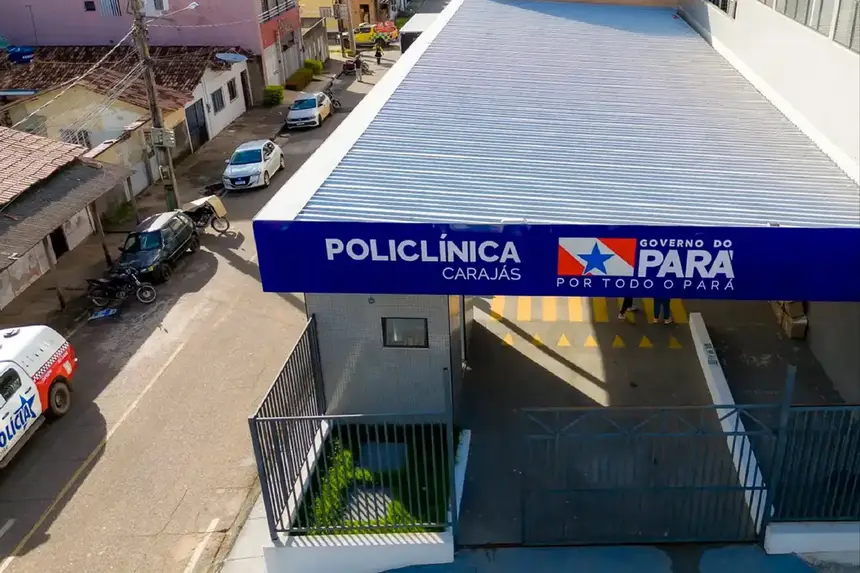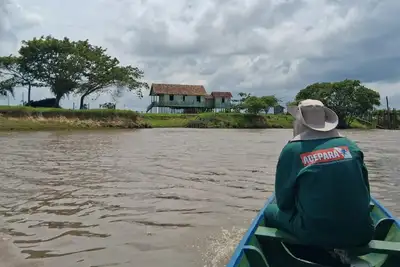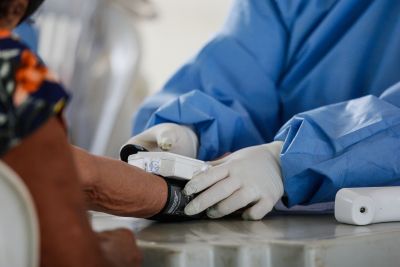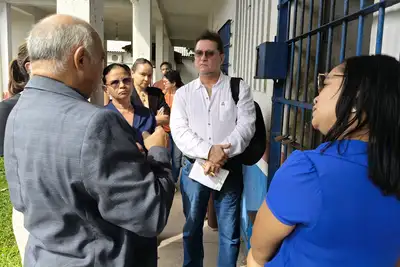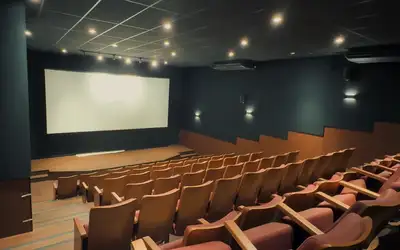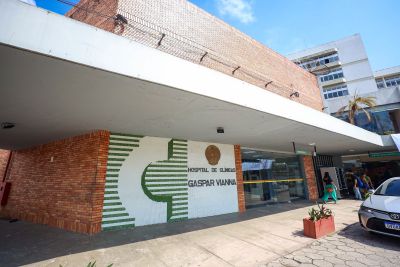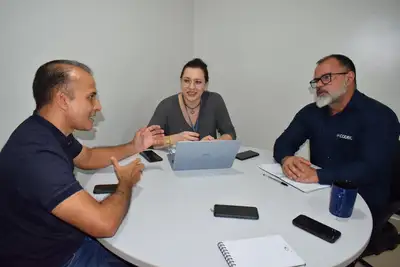Policlinic Carajás expands disease diagnostics with magnetic resonance imaging
With humanized care and cutting-edge technology, the service offers speed and confidence in the treatment of patients from different medical specialties
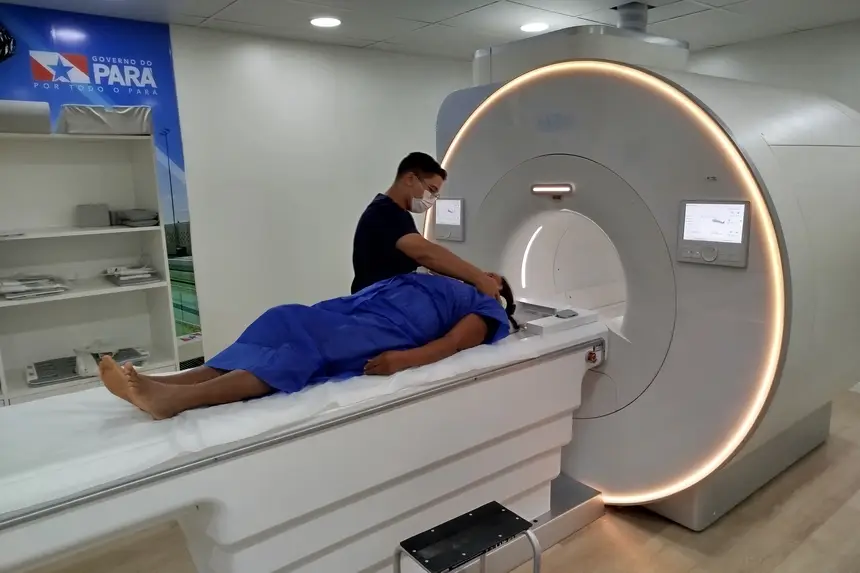
The Policlinic Carajás Miguel Chamon, in Marabá, in the southeastern region of Pará, is today one of the main references in the region for high-complexity exams. Among the procedures offered, magnetic resonance imaging stands out, having already performed more than 950 examinations since the unit was delivered in April of this year. The exam is considered essential for diagnosing various diseases, ensuring greater precision and speed in defining medical conduct.
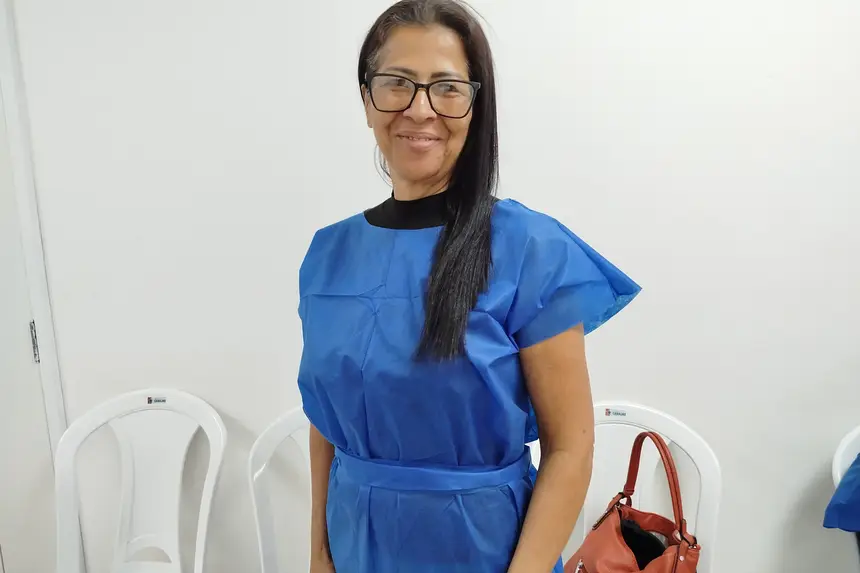
Silma Vieira, 55 years old, a resident of Rondon do Pará, in the Carajás region, was referred to undergo the MRI after suffering from severe headaches. "I am happy to have the exam at the Policlinic. It is a relief to have this service close to home and not have to travel far. Knowing that there is an institution prepared to take care of us makes me confident that I am on the right path," she said.
Magnetic resonance imaging is considered one of the most modern methods of diagnostic medicine, allowing visualization of organs, tissues, and internal structures with a high level of detail. This precision assists specialists in choosing the appropriate treatment, increases the chances of success, and reduces waiting time for the patient.
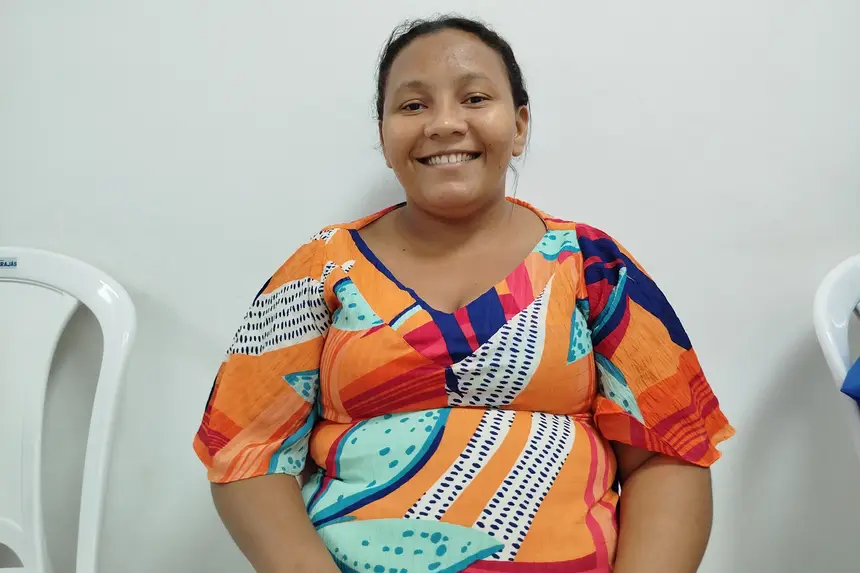
Dejane Lopes dos Santos, 37 years old, a resident of Brejo Grande do Araguaia, in the Carajás region, was referred by the orthopedist after severe lower back pain and emphasized the importance of the MRI. "The equipment is state-of-the-art and impressed me with its technology. I know that the doctor will have more clarity to discover the cause of the pain. Leaving here with confidence and such human care makes all the difference," she concludes.
Technology and precision in evidence
Magnetic resonance imaging stands out for offering silent, safe, and high-definition exams, capable of mapping different parts of the body in multiple planes with rich detail. The method uses a magnetic field instead of radiation, ensuring more comfort for the patient and allowing thorough analyses of soft tissues, joints, and the nervous system.
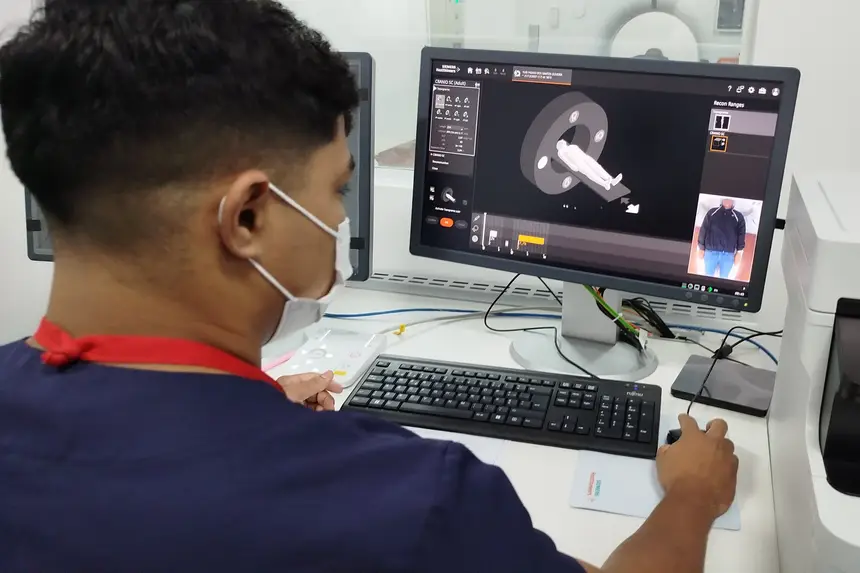
According to the radiology supervisor of the Policlinic, Glícia Kallena, technology is essential in modern diagnosis. "The exam allows visualization of changes that other methods cannot identify clearly. Moreover, it is painless, non-invasive, and extremely precise, providing doctors with information to define the most appropriate treatment," she explained.
In addition to precision, magnetic resonance imaging stands out for its versatility of applications. The exam can be used for investigating neurological and musculoskeletal diseases as well as evaluating the heart and internal organs, expanding the diagnostic reach. At Policlinic Carajás, the resource enables the integrated action of various medical specialties, speeding up decision-making and strengthening the effectiveness of treatments.
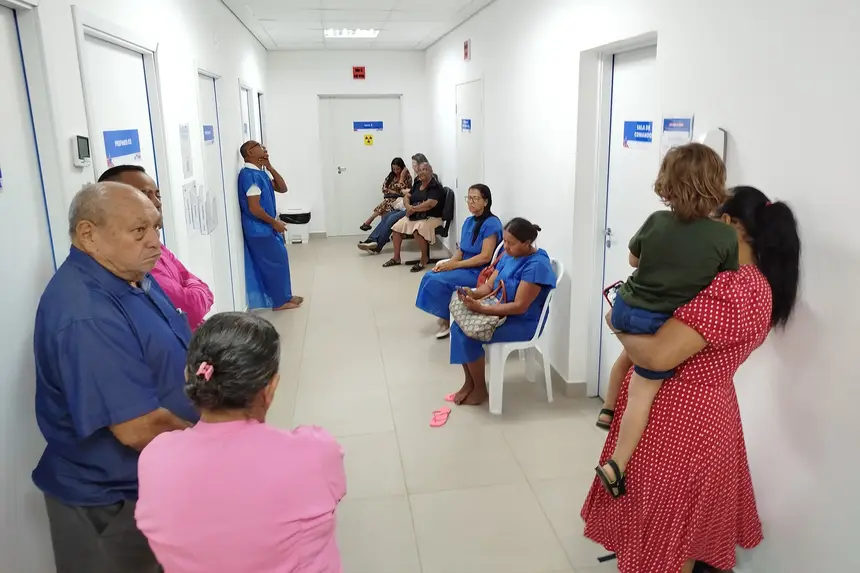
For the executive director of Policlinic Carajás, Joabe Lopes, the arrival of this service represents a milestone for the region. "Magnetic resonance imaging has brought not only cutting-edge technology but also dignity in care. Today, our patients have access to a modern, safe exam close to home, which reduces travel, speeds up diagnoses, and strengthens trust in public health. This is the commitment of the Policlinic: to offer quality, precision, and humanity in every service," he emphasized.
In the diagnostic area, Policlinic Carajás, under the management of the Institute of Social and Environmental Health of the Amazon (ISSA) and the State Department of Public Health (Sespa), offers a wide variety of exams, totaling more than 25 different types. Among them, laboratory and imaging exams stand out, such as computed tomography, ultrasound (with and without Doppler), X-ray, electrocardiogram, and magnetic resonance imaging.
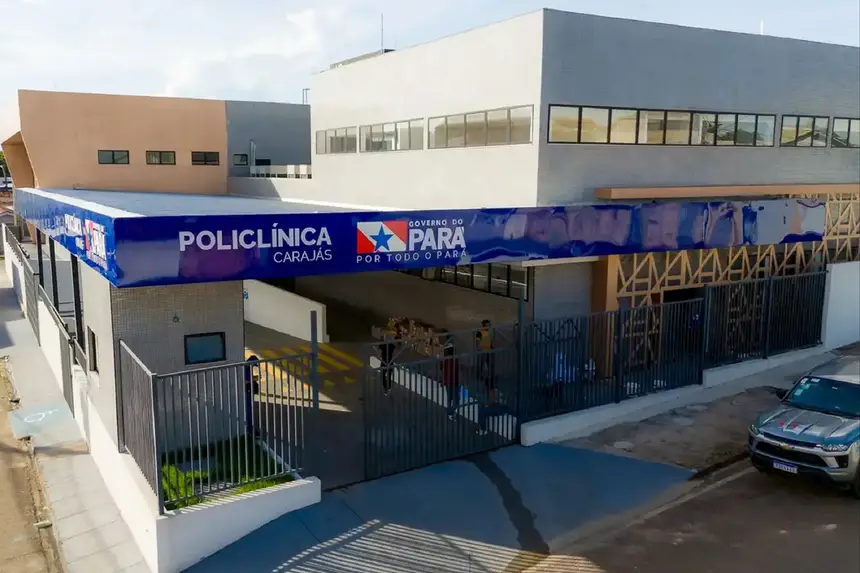
Regulation – The services of the Policlinic are regulated by the State Regulation Center, under the responsibility of the State Department of Public Health (Sespa). To access the services, citizens must seek a Basic Health Unit in their municipality. After evaluation, the health professional will provide the necessary referral. Then, the patient must present the referral document and their personal data to the Municipal Health Department, which will register and schedule in the State Regulation System.


